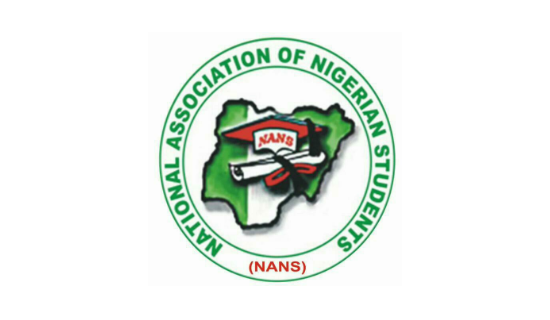The National Association of Nigerian Students (NANS) has issued a seven-day ultimatum to the Federal Government and the Academic Staff Union of Universities (ASUU) to resolve their ongoing disputes or face nationwide protests.
In a statement on Wednesday, NANS President, Olushola Oladoja, expressed concern over the lingering crisis, warning that continued disagreements could disrupt academic activities and destabilize the nation’s education calendar.
Oladoja noted that the education sector has enjoyed relative stability under President Bola Ahmed Tinubu’s Renewed Hope administration, a feat he described as unprecedented since the return to democracy in 1999. He cautioned that the current impasse between the federal government and ASUU threatens this progress.
“We call on both parties to return to the negotiation table and find a lasting solution within seven days. Students who rely on academic loans cannot afford disruptions to their studies or prolonged years on campus,” Oladoja said.
The NANS president commended President Tinubu’s educational reforms, citing initiatives such as the Nigerian Education Loan Fund, removal of tertiary staff unions from IPPIS, reversal of the 40% IGR remittance policy, and special TETFund interventions as evidence of the administration’s commitment to education and student welfare.
However, Oladoja criticized the poor communication and delay in implementing previous agreements with ASUU, describing them as the root causes of recurring tensions.
“The recent threat of industrial action by ASUU is a major concern to Nigerian students nationwide. Despite the progress made, miscommunication and poor crisis management are now creating avoidable tension that threatens the peace and progress of the education sector,” he added.
Oladoja revealed that both parties had earlier declined to attend a government meeting due to procedural disagreements but assured that they are willing to reconvene once due process is followed.
“We urge the Federal Government to immediately reconvene the meeting to close the communication gap,” he stated.
Calling on President Tinubu to personally intervene, Oladoja warned that failure to act swiftly could erode the goodwill and stability achieved so far in the education sector.
“Nigerian students remain grateful and supportive of President Tinubu’s commitment to education. However, if this impasse continues beyond seven days, it will undermine the progress recorded under his administration. Now is the time for dialogue, understanding, and decisive action — the future of millions of Nigerian students depends on it,” he said.
Meanwhile, ASUU commenced a warning strike on Monday following the expiration of a 14-day ultimatum to the federal government to address its long-standing demands.
The lecturers’ demands include the implementation of the renegotiated 2009 ASUU-FGN Agreement, payment of withheld three-and-a-half months’ salaries, revitalization of public universities, and sustainable funding for tertiary institutions. Additional grievances involve settlement of 25–35% salary arrears, four years of promotion arrears, and the release of withheld cooperative deductions.
In response, the Minister of Education, Tunji Alausa, directed university vice-chancellors to enforce the government’s “No Work, No Pay” policy for lecturers participating in the strike — a move that has stirred fresh controversy among university staff.
The ongoing strike has already halted examinations across several universities, leaving students and parents anxious about the future of academic activities in the country.
By Miracle Chidinma Amaechi




